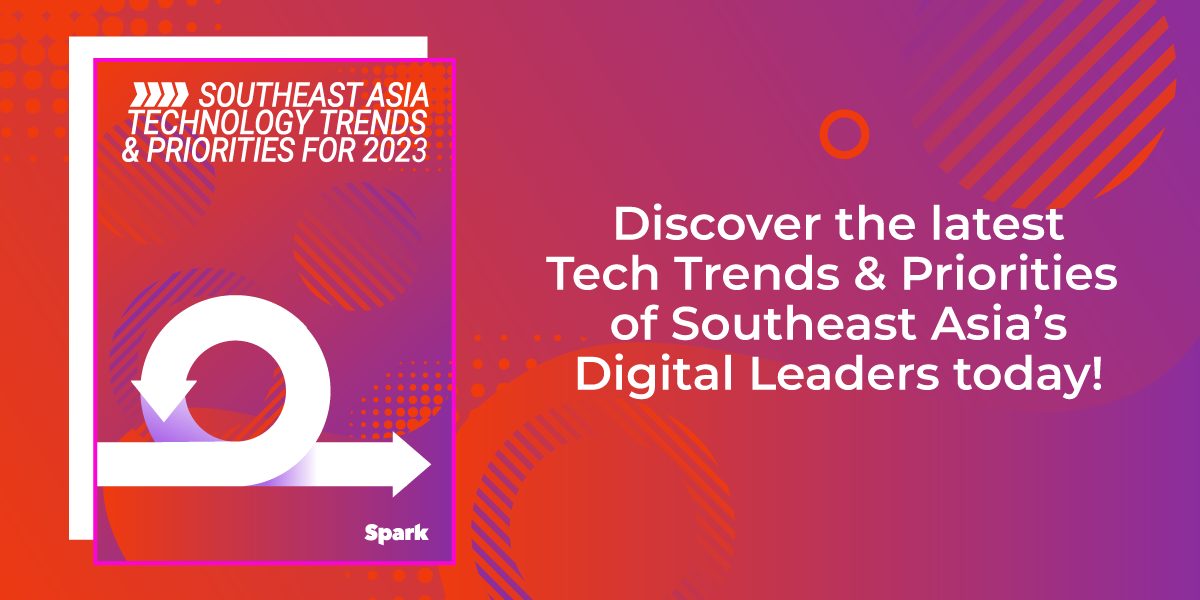At the end of day two’s morning session at the ConnectGov Leaders Summit held in Edinburgh, Scotland last year, the audience were broken up into small groups for topical discussions.
The following summarises the audience’s table discussions based on points provided as guidelines:
On data from legacy systems
There are challenges with managing structured versus unstructured data but beyond that, systems interoperability is necessary so that siloed data can be consolidated and data governance put in place. Strategies need to be based on a good understanding of what the data comprises, along with understanding of customers and how they drive the business.
That said, certain kinds of unstructured data cannot be captured straightforwardly – such as human business domain knowledge, a problem that may also reflect its value depending on how data dimensions are designed to capture it.
On the communication of data strategy throughout the organisation, an agenda and problem statement to solve will help to focus discussions among stakeholders.
Real-time and near real-time
There is value in real-time data but subject to use cases. Putting it in place will require a good grasp of both internal and external data – an example mentioned was how real-time information from social media could drive better organisational performance.
The context of data use in terms of access versus servicing data requests determines the relevance of realtime application. With reference to the implications on organisational practices and culture, this suggests some intersection between real-time and perspectives on agility.
From a data demand and supply perspective e.g. where a business domain situation necessitates real time data, what creates the demand are triggers such as a stimulus/event or broader notions like competition or disruption. An example is in the use of drones in the traditional plantation business where instead of being seen as a nice-to-have but optional luxury, having real-time data can change the rules of the game and not only constitute a compelling edge over the competition but also spur deeper transformation in other parts of the business.
Openness and Agility
The notion of open data platforms remains compelling as it enables agile experimentation and initiatives such as innovation and analytics sandboxes.
Security
Concerns over security of data on the cloud remains an issue for some although organisations may test the waters by exploring hybrid cloud deployments for less critical data as a start.











Responses